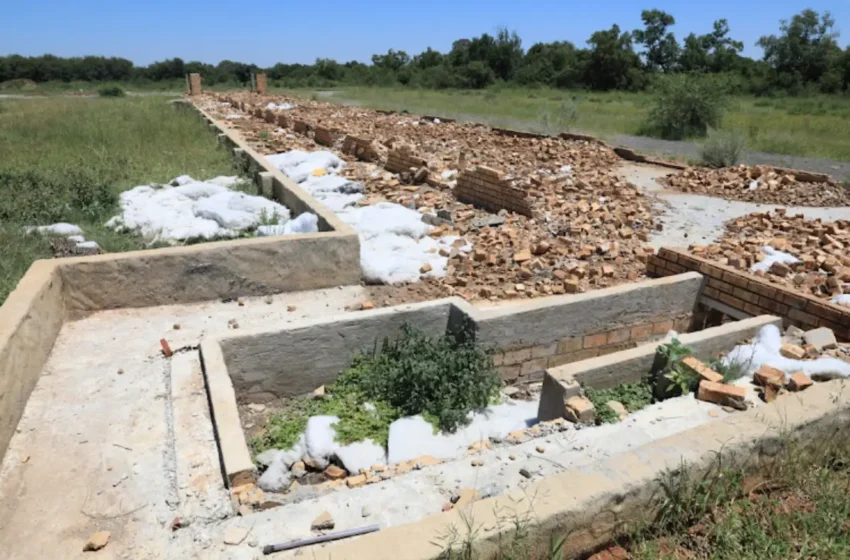Siu moves to reclaim R21 million misappropriated in Marikana lottery grant scandal

Derelict poultry farm in Marikana funded by misappropriated NLC lottery grants. | Image: Thapelo Morebudi
The Special Investigating Unit (SIU) has begun the process of recovering R21 million in misappropriated funds from the National Lotteries Commission (NLC), following a landmark ruling by the Special Tribunal. The tribunal found that two grants awarded under the NLC’s community funding programmes were improperly diverted to entities connected to former board member Advocate William Huma, whose actions were described as “egregious, negligent, and dishonest”. The judgement is the first in a series of ongoing investigations by the SIU aimed at addressing the widespread misuse of lottery grants intended for community development.
In one of the cases reviewed, a 2019 grant of R16.5 million to the Samaritan Initiative NPO was revoked. The organisation had been hijacked and allegedly controlled by Huma’s relatives. The funds were earmarked for a chicken farming project in Marikana, North West, aimed at providing employment and food security to the local community. Instead, the project collapsed, the farm fell into a state of disrepair, and the intended beneficiaries saw no impact from the grant. Investigators found that Huma later assumed direct control over the company Silverlite Trading (Pty) Ltd, which had received the grant, effectively diverting public funds into his sphere of influence.
A second grant, awarded in 2020 to Reagile NPC for R4.6 million, was also set aside by the tribunal. Reagile, directed by Huma’s wife and nephew, received funding that was meant to support community development projects. However, the SIU’s investigation revealed that the money did not result in any tangible social or economic benefits for the intended communities. The tribunal concluded that Huma had abused his position to channel NLC funds to family-linked entities, violating the Lotteries Act and his fiduciary responsibilities while failing to disclose conflicts of interest.
In order to secure repayment, the tribunal authorised the preservation of R10 million from the sale of Huma’s Waterkloof property, which is now executable. Additional assets tied to Huma and connected to the misused lottery grants—including a farm and a boutique hotel in North West—have also been preserved as part of the SIU’s ongoing investigations. The unit has confirmed that these properties will be auctioned, and the proceeds redirected to the NLC to support legitimate community upliftment projects, ensuring that public funds benefit society rather than private interests.
This case forms part of a broader investigation into alleged corruption and maladministration at the NLC. The SIU has already filed 18 review applications seeking to set aside suspicious grants, collectively valued at over R320 million, with more applications expected. The investigation, authorised by President Cyril Ramaphosa in 2020, targets systemic abuse of lottery funds, aiming to hold those responsible accountable while restoring resources to projects that genuinely serve South African communities.
The ruling and ongoing recovery efforts highlight the critical role of oversight in public funding and the necessity of transparency in organisations entrusted with state resources. For the residents of Marikana, the failed poultry project stands as a reminder of the human cost of corruption, while the SIU’s interventions signal a renewed effort to ensure that lottery grants deliver on their intended promise of social and economic upliftment.

